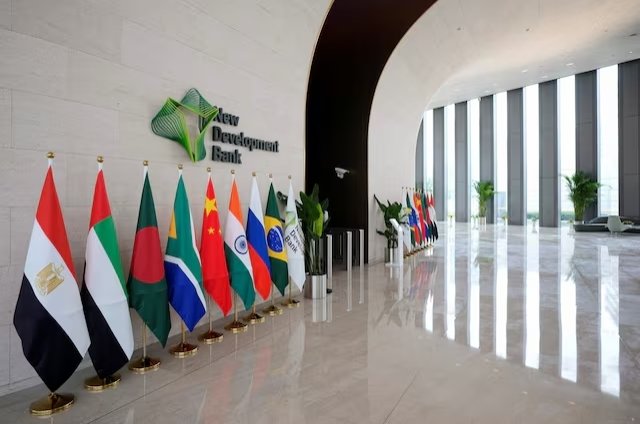
Türkiye's potential membership, given its role as a distinct mediator during the Ukraine crisis and its position as a bridge between the West and East, would further enhance BRICS
Foreign Minister Hakan Fidan recently visited China. After his meetings in Beijing with his Chinese counterpart, Wang Yi, Fidan stated that Türkiye, which has a customs union with the European Union, continues to seek new cooperation opportunities with various partners on different platforms, including BRICS (Brazil, Russia, India, China and South Africa). He also announced that he would attend the BRICS meeting scheduled to be held in Russia next week.
In 2001, Jim O'Neill, an economist working at the investment bank Goldman Sachs, coined the acronym "BRIC," which did not initially include South Africa. At the time, these countries were characterized by large land areas, middle-income levels and rapidly growing economies. O’Neill predicted that by 2050, these countries would be among the world's largest economies. In 2006, the four countries decided to form BRIC, which later became BRICS with the addition of South Africa in 2010.
Today, the BRICS nations collectively represent 45% of the world’s population. Their combined national economic output totals $28.5 trillion, accounting for 28% of the global economy. BRICS countries also hold 15% of the voting power in the International Monetary Fund (IMF). Additionally, these nations produce 45% of the world's crude oil.
The primary aim of BRICS is to reform the established structure of international financial institutions, such as the IMF and the World Bank, to ensure greater representation and voice for developing economies. In 2014, BRICS founded the New Development Bank (NDB) with a capital of $250 billion, aimed at providing loans for development projects in emerging countries. Additionally, BRICS countries have set a goal of adopting a common currency similar to the euro used by the EU.
More than economic bloc
BRICS is not just an economic organization; it also fills a political void as the post-World War II paradigm led by the Western bloc begins to falter. Israel's ongoing genocide in Gaza has plainly demonstrated the breakdown of postwar mechanisms, highlighting the unsustainability of the current world order. Political platforms like the EU, which have turned into the backyard of the United States, no longer offer much hope.
In this context, BRICS could serve as a complementary alternative for Türkiye, a G-20 member with a customs union agreement with the EU.
Russian President Vladimir Putin announced in January that the number of BRICS members has increased to 10, including Egypt, Iran, Ethiopia, Saudi Arabia and the United Arab Emirates (UAE). Undoubtedly, the possible membership of Türkiye, which has proven itself as a unique mediator in the Ukraine crisis and as a bridge between the West and East, would also contribute to BRICS.
Türkiye could be a balancing factor against India, which is led by the Narendra Modi administration and often aligns with the U.S. Moreover, Türkiye’s membership could alleviate the concerns of Brazil and South Africa, who have expressed their desire for a united world and their apprehension about BRICS becoming an "anti-Western alliance."
Why not?
